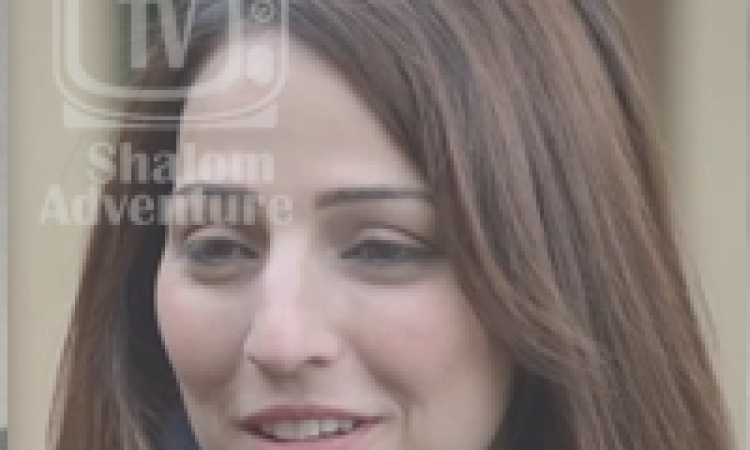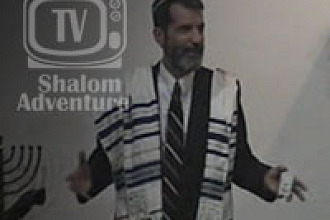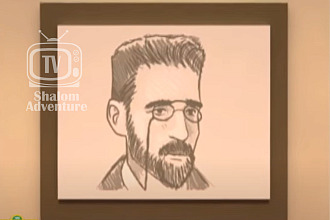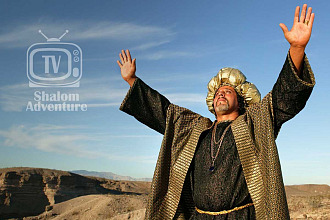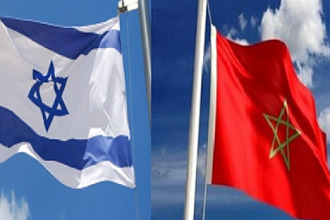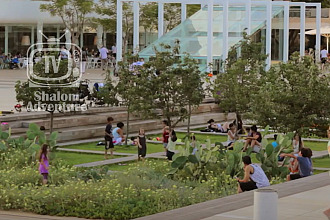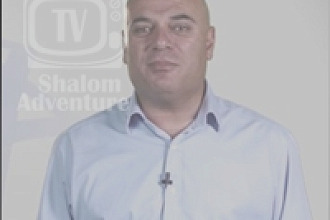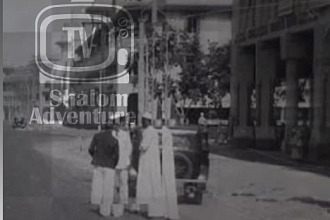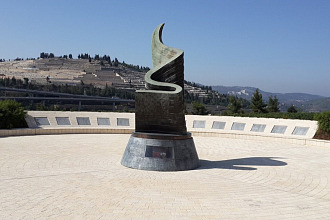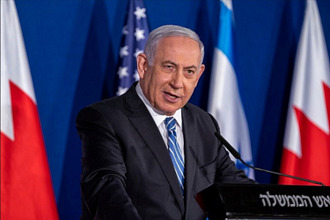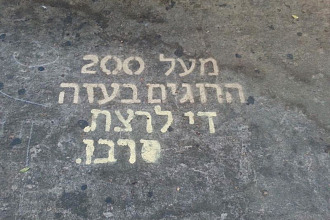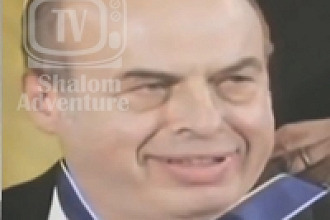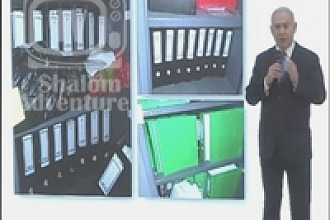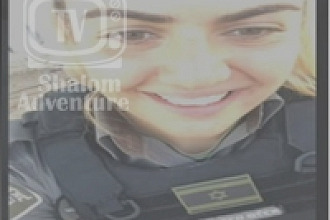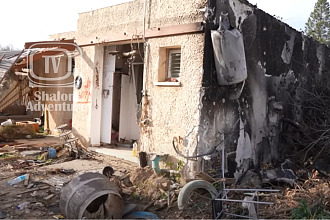National and local politics, as well as the newsroom, is often seen as a man’s professional domain in Druze society. Yet, for Ghadir Kamal Mreeh, a female member of Israel’s Druze community, glass ceilings and traditional roles were not enough to stop her from pursuing her dreams. She earned a bachelor’s degree in medical imaging from Bar-Ilan University, a master’s degree from the University of Haifa in international relations, and currently works as anchorwoman for Israel’s Channel 1 as the first ever Druze woman ever to broadcast on Israeli public television.
The Druze religion, representing approximately 2 percent of Israel’s population, is a minority offshoot of 11th century Egyptian Islam further integrating aspects of Hinduism and Greek philosophy, and various remnants of Judaism, Christianity, and Islam. A tight-knit religious community closed off to converts, members of the Druze faith believe in reincarnation and mysticism while simultaneously considering Moses, John the Baptist, Mohammed, and Y’shua all to be prophets. Similar to Islam and Orthodox Judaism, there are religious barriers and traditions among the Druze community that many would consider oppression of women.
“In our religion, we have equal rights for women and men; we are the only religion in which a woman can ask for and get a divorce without her husband’s approval,” Mreeh told the Jerusalem Post. “But socially speaking, there are still a lot of limits on women. For example, religious Druze women are not allowed to have a driver’s license, which is absurd. The religious leaders want to protect us from accidents and unexpected things, but we have made very good process toward equal rights.”
“...When I started to work in the media eight years ago, a religious member approached my parents and he told them that it is not appropriate for Druze women to work in the media, which requires long hours outside the home, sometimes even sleeping outside the home. Working with men, very high public exposure - he said that this is inappropriate and they put pressure on me. It was like a movie scene...Luckily, I have the full support of my parents and my husband."
Yet, social and religious barriers were not enough to stop Mreeh from pushing forward with her professional ambitions.
“My mother remembers me as a child, sitting in front of the mirror and broadcasting news,” Mreeh continued in her interview. “I knew at a young age the huge power of this small screen and I knew that this is something that I wanted to do, but it wasn’t easy. People didn’t accept it even last year when there was the formal announcement of my appointment when I started to broadcast news also in Hebrew. I was the first non-Jewish woman to do that.”
Just recently, Mreeh is continuing her quest to break glass ceilings in her pursuit of serving on the Israeli Parliament, Reuters reported. She would be the first Druze woman to hold a seat in the Knesset if she secures victory in the upcoming election on 9 April 2019.
“Yes, yes, another glass ceiling. I received thousands of blessings. People called me and were excited about my appointment. The spiritual leader of the Druze community in Israel, Sheikh Moafaq Tarif, called me and I cried. He said, “I’m proud of you. You symbolize a Druze woman who tried and succeeded in her career while continuing to maintain your unique identity. It sets a precedent.” People were shocked that he called me. I helped change the image of women; our religious leaders also understand that they can trust women, not just in career...maybe one day to drive.”
“Now even the religious leaders understand that Druze women can succeed, that we can represent, in a modest and noble way,” Mreeh concluded.
Written by Erin Parfet

